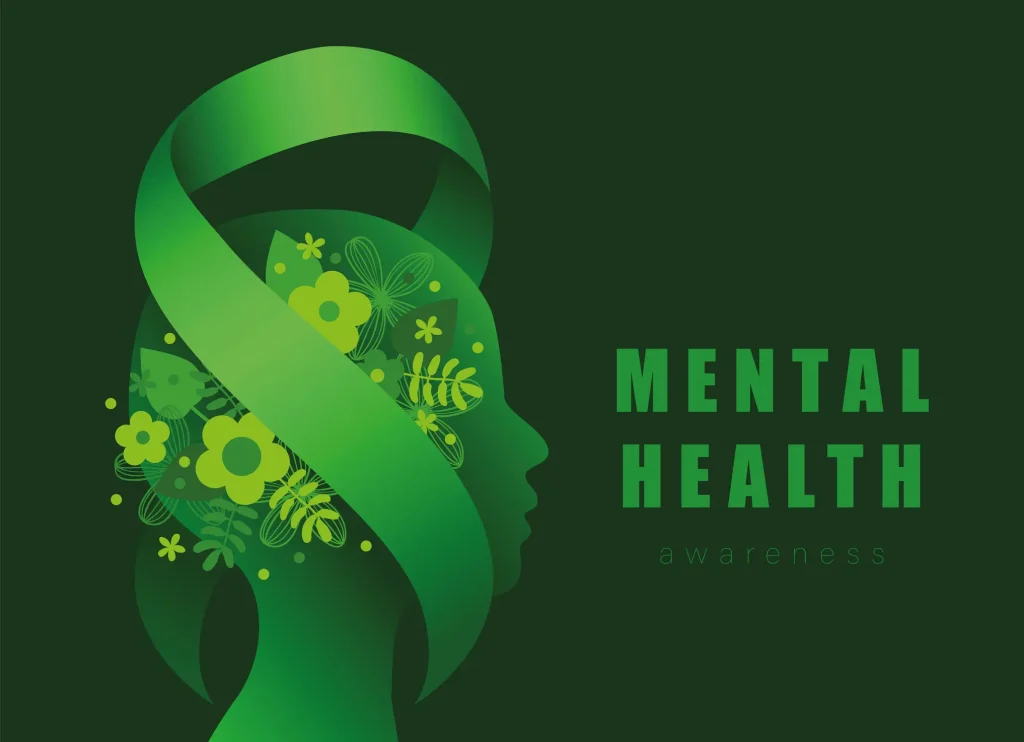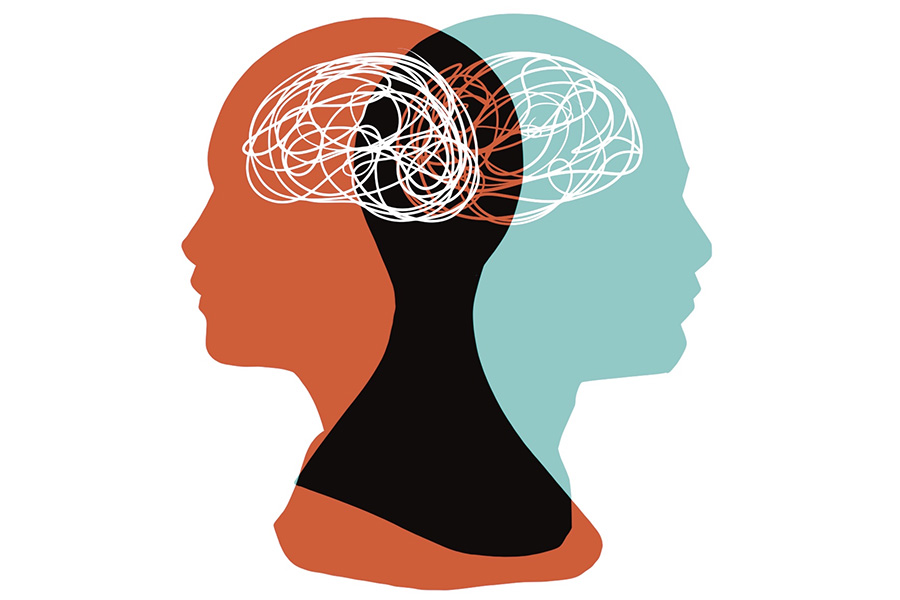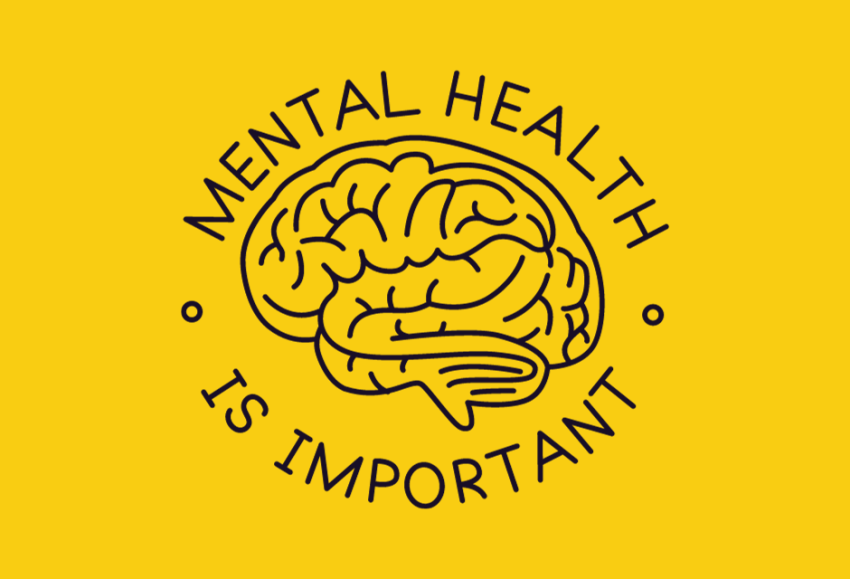Mental Health Awareness: Understanding, Recognizing, and Supporting Mental Health Issues

Introduction
Mental health is an essential component of overall health and well-being of people. Yet, for many years, it has been dominated by the misunderstandings that surround it. In recent times, there has been a significant shift towards recognizing the usefulness of mental health awareness. This article search through into the essence of mental health awareness, explores common mental health conditions, highlights the signs and symptoms, and provides practical steps to support mental well-being and mental health awareness.
The Importance of Mental Health Awareness
Mental health awareness involves recognizing and understanding the impact of mental health conditions on individuals and society. It aims to reduce stigma, promote early intervention, and encourage people to seek help when needed. Here are several reasons why mental health awareness is crucial:
- Reducing Stigma: Stigma or disrepute surrounding mental health often prevents individuals from seeking help. But by promoting a mental health awareness, we can foster a more accepting and supportive environment where people feel comfortable discussing their mental health issues.

2. Early Involvement: Awareness also can lead to early stepping in and intervention, which significantly improves outcomes for individuals with mental health conditions. Early treatment can prevent conditions from worsening and intensify or build up the chances of recovery.

3. Improving Standard of Life: Mental health conditions can severely impact a person’s standard of living. Raising awareness helps individuals understand that mental health is as important and useful as physical health, encouraging them to prioritize self-care and seek help when needed.

4. Educating Communities: Increased awareness helps educate communities about the signs and symptoms of mental health conditions, enabling them to provide better support to those affected.

Commonly Known Mental Health Conditions
Understanding common mental health conditions is a critical and evaluative aspect of mental health awareness. Here are some prevalent mental health disorders:
- Depression: Depression is Characterized by persistent feelings of sadness, hopelessness, and a lack of interest or pleasure in activities. Depression can affect one’s ability to function in daily life and may lead to physical symptoms such as changes in appetite and sleep patterns.
2. Anxiety Disorders: Include conditions such as generalized anxiety disorder (GAD), panic disorder, and social anxiety disorder. These disorders involve excessive and uncontrollable worry, fear, or panic that interferes with daily activities.
3. Bipolar Disorder: Bipolar disorder Involves extreme mood swings, including episodes of mania (high energy, euphoria) and depression. These mood swings can be severe and impact relationships, work, and daily functioning.
4. Schizophrenia: A severe mental health disorder characterized by distorted thinking, hallucinations, and delusions. Schizophrenia can significantly impair an individual’s ability to function in daily life.
5. Post-Traumatic Stress Disorder (PTSD): Develops after experiencing or witnessing a traumatic and distressing event. Symptoms include flashbacks, nightmares, severe anxiety, and uncontrollable thoughts about the event.
6. Obsessive-Compulsive Disorder (OCD): Involves unwanted, intrusive thoughts (obsessions) and repetitive behaviors (compulsions) that individuals feel compelled to perform to alleviate anxiety.
7. Eating Disorders: Include conditions such as
strong matches, Psychiatry, and binge-eating disorder. These disorders involve unhealthy eating behaviors and an intense preoccupation with body weight and shape.
Recognizing the Signs and Symptoms
Awareness includes recognizing the signs and symptoms of mental health conditions. Early detection can lead to timely intervention and support. Here are some common signs to look out for:
- Emotional Changes: Persistent sadness, irritability, mood swings, or feelings of hopelessness and helplessness.
- Behavioral Changes: Withdrawal from social activities, changes in eating and sleeping patterns, neglect of personal hygiene, and increased use of alcohol or drugs.
- Physical Symptoms: Unexplained physical ailments such as headaches, stomachaches, or chronic pain that do not have a clear medical cause.
- Cognitive Changes: Difficulty concentrating, memory problems, indecisiveness, and a decrease in academic or work performance.
- Perceptual Changes: Experiencing hallucinations or delusions, which are more common in severe mental health conditions like schizophrenia.
Supporting Mental Well-being
Supporting mental well-being involves both individual and collective efforts. Here are some practical steps to support mental health awareness and support those in need:
- Education and Awareness Campaigns: Organize and participate in mental health awareness campaigns to educate the community about mental health conditions, their signs, and the importance of seeking help.
- Encouraging Open Conversations: Create safe spaces for open and honest conversations about mental health. Encourage individuals to share their experiences and listen without judgment.
- Providing Resources: Ensure that people have access to mental health resources, including information on local mental health services, helplines, and support groups.
- Promoting Self-Care: Encourage practices that promote mental well-being, such as regular exercise, healthy eating, adequate sleep, and mindfulness techniques.
- Training for Early Detection: Provide training for teachers, employers, and community leaders to recognize the early signs of mental health conditions and how to respond appropriately.
- Supporting Loved Ones: Offer support to friends and family members who may be struggling with their mental health. Sometimes, just being there and listening can make a significant difference.
- Advocating for Policy Changes: Advocate for policies that improve mental health care access, funding for mental health programs, and workplace mental health initiatives.
- Seeking Professional Help: Encourage individuals to seek professional help when needed. Mental health professionals, such as therapists, psychologists, and psychiatrists, can provide valuable support and treatment.
The Role of Technology in Mental Health Awareness
Technology plays an increasingly significant role in promoting mental health awareness and providing support. Here are some ways technology is making a difference:
- Mental Health Apps: Numerous apps offer tools for managing mental health, including mood tracking, meditation, and access to therapy.
- Telehealth Services: Telehealth provides convenient access to mental health professionals, allowing individuals to receive therapy and counseling remotely.
- Online Support Groups: Online forums and support groups connect individuals facing similar challenges, providing a sense of community and understanding.
- Educational Platforms: Websites and online courses offer valuable information about mental health conditions, coping strategies, and treatment options.
- Social Media Campaigns: Social media platforms are powerful tools for spreading mental health awareness, sharing personal stories, and reducing stigma.
Mental health awareness is a vital component of fostering a healthier and more compassionate society. By understanding the importance of mental health, recognizing the signs and symptoms of mental health conditions, and providing support, we can create an environment where individuals feel empowered to seek help and prioritize their well-being.
The journey towards mental health awareness is ongoing, requiring collective efforts from individuals, communities, and policymakers. Through education, open conversations, and the utilization of technology, we can continue to break down the barriers of stigma and build a future where mental health is treated with the importance it deserves.
By promoting mental health awareness, we take a crucial step towards a world where everyone can thrive, both mentally and physically.
I hope this comprehensive article meets your needs for your blog! Let me know if there are any specific aspects you’d like to expand or adjust.
4o
